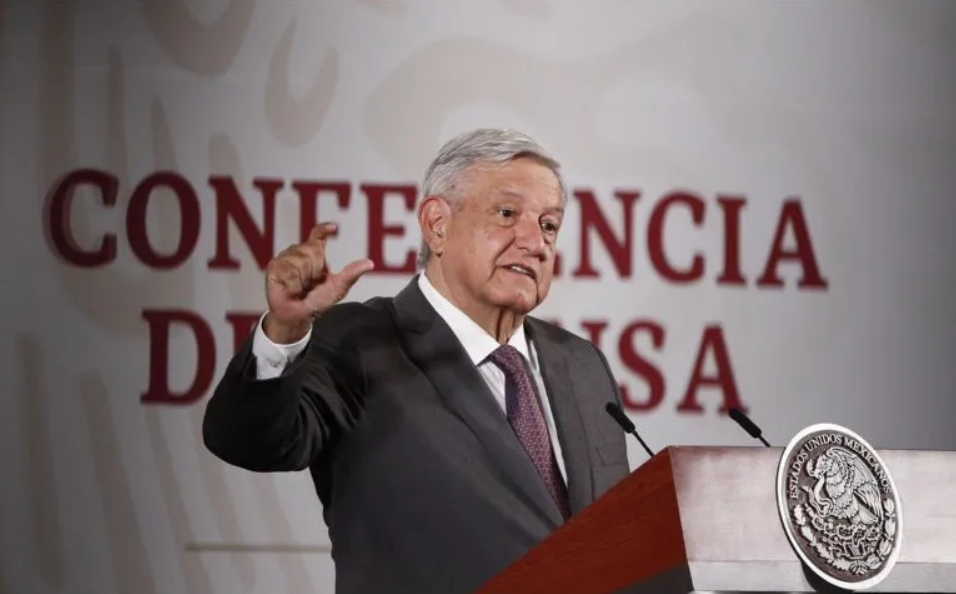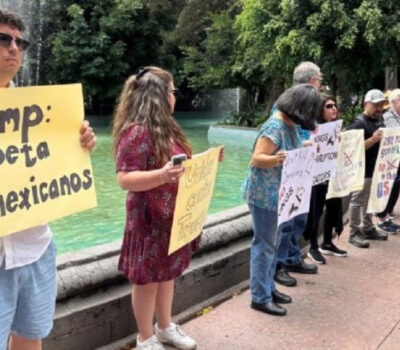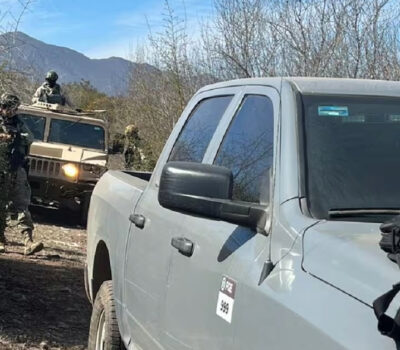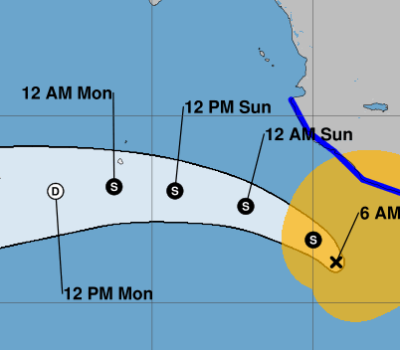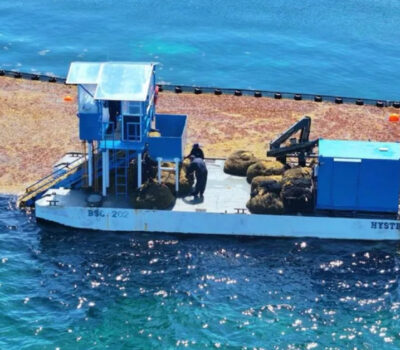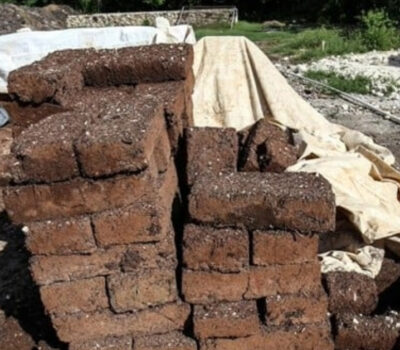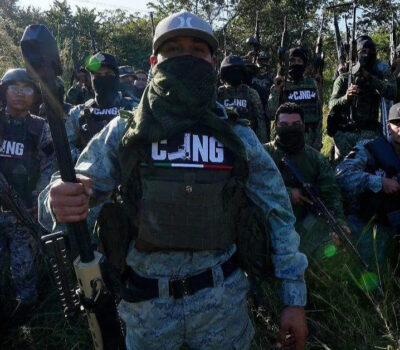People evaluate their leaders the most during times of crisis and in an extreme situation, such as that of the coronavirus. Leaders, such as the Uruguayan, Luis Lacalle Pou, and the Peruvian, Martín Vizcarra, are seen as examples of good management, while their peers from Mexico, Andrés Manuel López Obrador, and from Venezuela, Nicolás Maduro, are criticized for their late reaction to the pandemic.
Meanwhile, the best-performing institutions in a dozen Latin American countries are the Police and the Armed Forces, according to a new Ipsos study, which consulted 353 opinion leaders and journalists from 14 nations between March 27 and April 6.
In addition to the health crisis, which has left at least 2,800 dead and more than 68,000 sick in the region, the economy is the other major concern of those surveyed: less than 10% believe in a recovery in the coming months.
Faced with the management that each Government has given to the pandemic, the respondents consider that Uruguay and Argentina are the ones that are doing it best, with 62% approval, followed by Peru (59%), Colombia (56%) and Chile (51%).
On an average scale, Bolivia (38%), Cuba and Panama (36%) and Ecuador (32%), while Brazil (14%), Mexico (12%) and Venezuela (11%) appear at the bottom of the rankings.
Data reflected in the approval levels of their respective leaders, with the Uruguayan Luis Alberto Lacalle Pou, who took office on March 1, heading the list with 59% in favor of his handling of the pandemic.
An example of how crisis management is handled is that of the Peruvian president, Martín Vizcarra, who is doing even better than his government and is second (56%), after taking firm and rapid measures (quarantine), proactive (economic bonuses for the disadvantaged) and with transparency (daily evaluation of the situation in person).
His Chilean colleague Sebastián Piñera (40%, fifth on the list), his actions have helped him to leave behind the polarization that the country has been experiencing since last October and managed to recover 8 percentage points compared to last December’s survey.
On the contrary, the experts notice Mexican Andrés Manuel López Obrador (19%, position 10), who was slow to take forceful measures against a virus that he tends to belittle, and to the Brazilian Jair Bolsonaro (16%, position 11%), which has branded COVID-19 as a simple “flu” and has disallowed governors to take actions.
In the last place is Nicolás Maduro (6%), who sees how the social, political and economic crisis does not subside despite the pandemic and that from the outside and the opposition in Venezula is viewed with suspicion for the measures he has taken and little confidence in the figures that his Government presents on the disease.
The Police and the Armed Forces, with an approval of 78% each, are perceived as the best management institutions of this crisis; followed by the media (71%) and the public cleaning and public health systems (70% each).
Further back are the private health systems and private companies (60% each) and the public itself (55%), whose actions are vital when facing the coronavirus.
Below 50% there is only one entity: the Ministries of Economy or Finance, whose management is rated at only 48%.
And it is precisely the economy, after the health issue, that is the greatest concern of Latin American society, something that the respondents agree with, less than 10% believe in a speedy recovery.
Those with the best prospects are Uruguay (37%), Colombia (35%), Chile (33%), Peru (32%) and Panama (27%), which could rise next year, while Mexico (42%), Bolivia (39%) and Ecuador (38%) would do it in 2 or 3 years.
Recovery “will take a long time” in two countries that were already experiencing critical economic situations before the coronavirus: Cuba (47%), which continues to suffer from the US embargo. and without being able to count on the full support of its principal, Venezuela (83%), which adds this emergency to a state of hyperinflation and devaluation that has already taken hold for several years.
People evaluate their leaders the most during times of crisis and in an extreme situation, such as that of the coronavirus. Leaders, such as . . .

